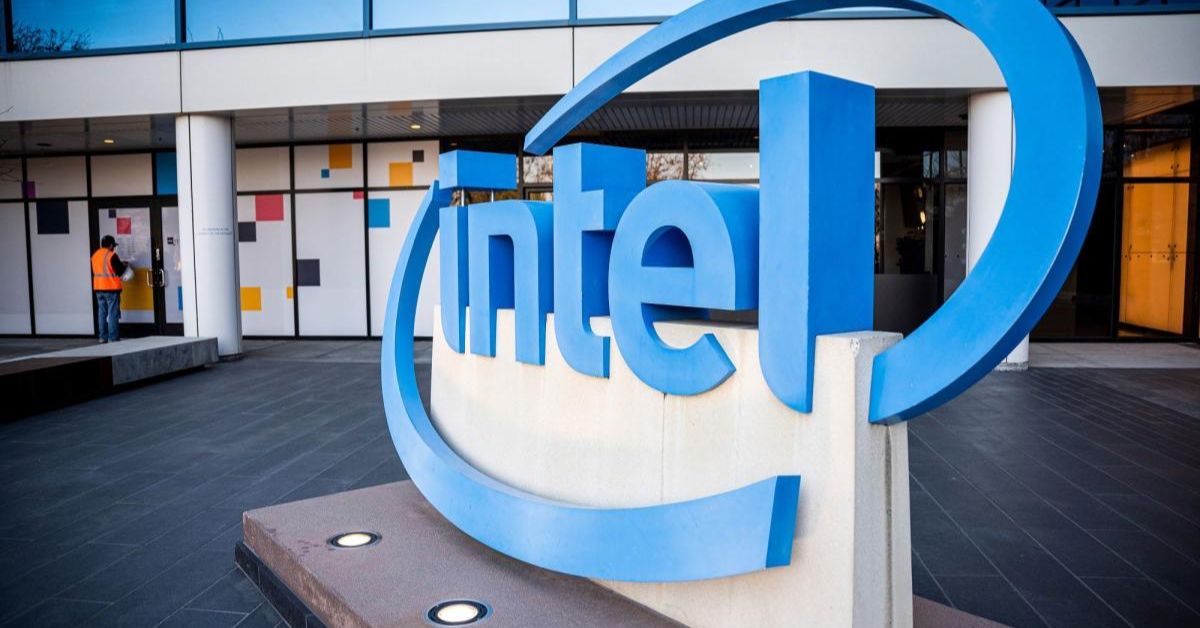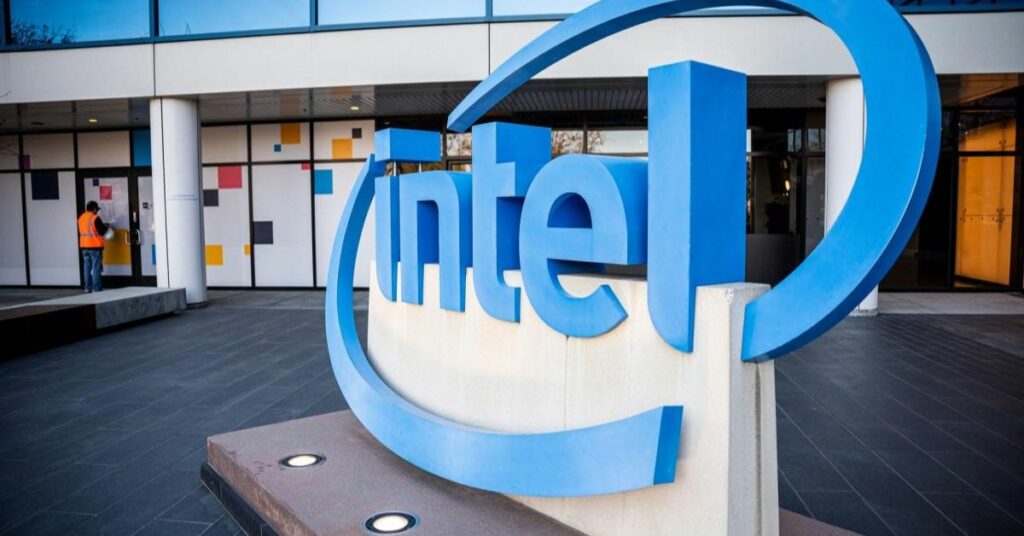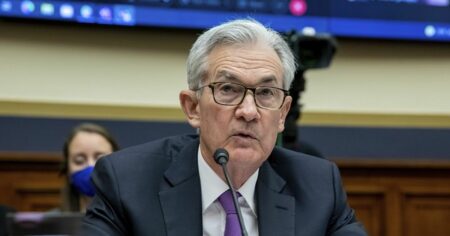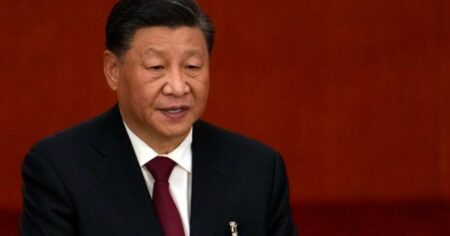Companies are cutting dividend payments to shareholders to improve the health of their balance sheets. This is because their earnings are going down and they have a lot of debt. Intel Corp., which makes more computer processors than any other company in the world, cut its dividend payment this week to the lowest level in 16 years. It did this to save money and help turn its business around.
The clothing company Hanesbrands Inc., which has been in business for a century, stopped paying its quarterly dividends at the beginning of this month. VF Corp., which owns Vans, The North Face, and other brands, has also cut its dividend in recent weeks as it works to pay down its debt. Pat Gelsinger, the CEO of Intel, said on Wednesday, “The board and I did not make this decision lightly.”
As earnings slow down and companies take on more debt, more companies may follow. As a result of the Federal Reserve’s new rates, executives have had to carefully manage both costs and debt in order to keep free cash flow. Retailers in particular are losing money because inflation keeps going up and makes people less willing to spend.
Bloomberg data shows that so far this year, as many as 17 companies in the Dow Jones US Total Stock Market Index have cut their dividends. Still, it’s not an easy choice for executives to make because it can scare away investors and hurt the share prices of companies.
Intel pointed to a recent statement and a report on its earnings, and it wouldn’t say anything else. Both VF and Hanesbrands refused to say anything. Once the leader in chips, Intel is now struggling with a drop in sales of personal computers, which bring in most of its money. Intel’s debt has been downgraded by Moody’s Investors Service, S&P Global Ratings, and Fitch Ratings.
Analysts at Moody’s said that the company’s profitability and credit metrics will likely be hurt by a drop in IT spending and a continued loss of market share. In addition to cutting the dividend, Intel is cutting jobs, cutting management pay, and slowing spending on new plants to save as much as $10 billion by the end of 2025.
David Zinsner, Intel’s CFO, said this week that the company still has more than $28 billion in cash on hand. After selling $11 billion in bonds earlier this month, the company’s total debt is now around $50 billion.

More Financial news:
- China Plans To Change Its Financial System, Which Will Give Xi Jinping More Power
- Analysts Warn That Carvana’s Stock Will Fall Because Of Its Quarterly Loss
In the fourth quarter, sales at Hanesbrands dropped 16% to $1.47 billion. The company said this was because consumers spent less money and retailers placed fewer orders. With a negative free cash flow of $471 million in 2022, compared to $554 million the year before, and higher financing costs and an upcoming maturity of more than $1 billion in 2024, the company had few options.
The company says that cutting the dividend and taking other steps to save money will bring in about $500 million in operating cash flow in 2023. Hanesbrands paid off debt that was due to be paid off next year by selling high-yield bonds and leveraged loans this month. In both deals, the prices went up, which was good for Hanesbrands and showed that investors were interested.
This month, Hanesbrands got rid of its dividend. John McClain, portfolio manager at Brandywine Global Investment Management, which owns bonds and loans tied to the company, said that this probably made it cheaper for the company to borrow money.
He said
“This was the right message to send to the marketplace as a prospective borrower in need of a reasonable amount of capital”
The refinancing deal loosened covenants related to leverage while capping dividend payouts and restricting buybacks, according to Amanda O’Neill, a credit analyst at S&P.
O’Neill said
“They are pretty constrained from a capital allocation standpoint under this amendment to loosen their covenants”
The ratings firm recently downgraded the company one notch to BB- with a negative outlook.
Last month, Hanesbrands said that Chief Financial Officer Michael Dastugue would leave the company because of family issues. Hanesbrands’ chief accounting officer and controller, Scott Lewis, will fill in as interim CFO while the company looks for a permanent replacement.
Surprise Expense
S&P says that VF is cutting its dividends because it wants to keep its investment-grade rating. The company’s income has gone down because Vans and Covid-19 lockdowns have sold less in China. During its most recent earnings call, VF said that it wants to have a leverage ratio of 2.5 times gross debt to adjusted earnings before interest, taxes, depreciation, and amortization. The company says that’s about 4.5 times as many as this month.
An analyst at Bloomberg Intelligence named Mike Campellone said that some of the company’s debt came from “aggressive” deals to buy big and small brands. For example, in 2020, the company paid $2.1 billion to buy the streetwear brand Supreme.
The company had to borrow another $1 billion to pay for a tax settlement related to its 2011 purchase of Timberland. S&P says that this made the company’s leverage too high, which is above the range it needs to stay in at its current rating level and above its own publicly stated target of 2.5.
I hope you like our article. If this is the case, we would appreciate it if you would share your insightful ideas in the comments below. You can get even more of these updates by adding the News Conduct website to your favorites.




